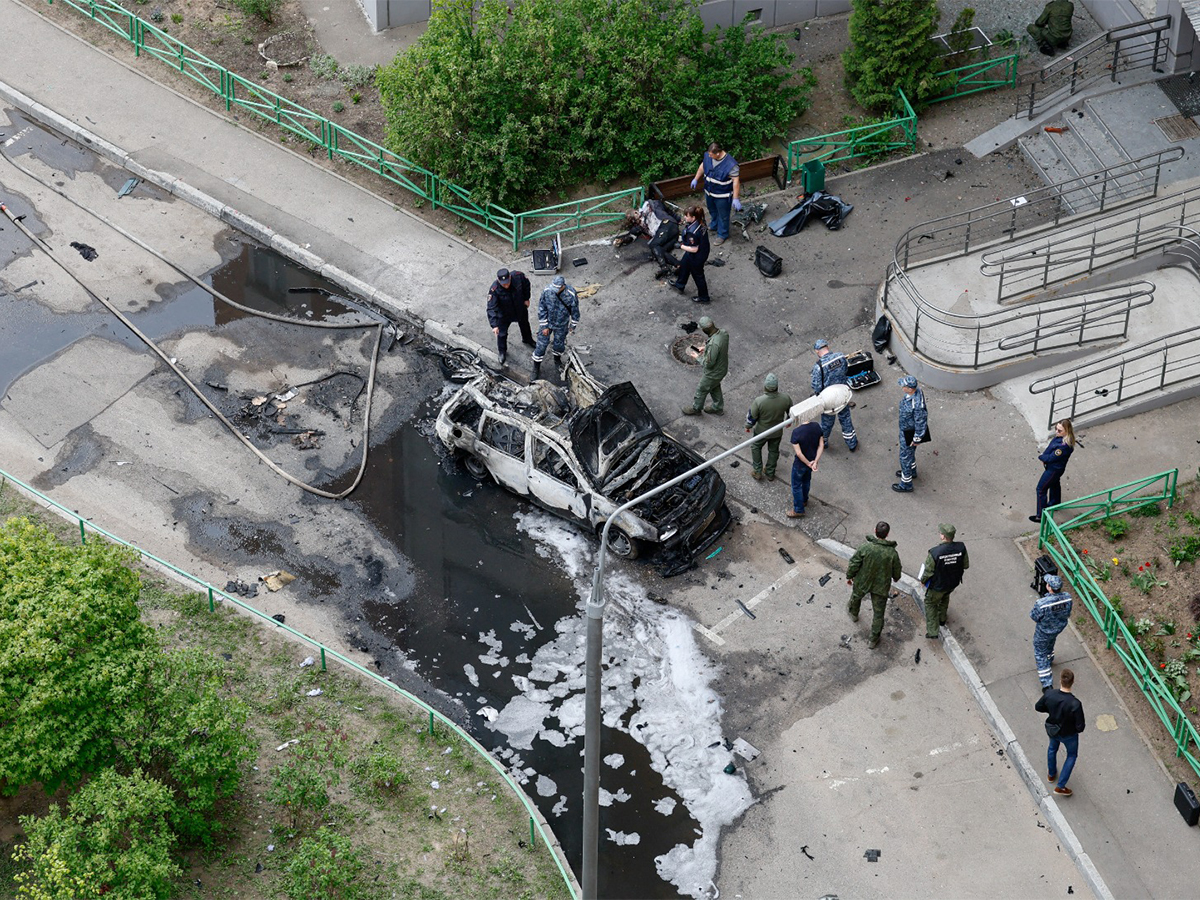Continuance of manual scavenging goes against Constitutional values, violates rights: NHRC chief
Jul 05, 2021

New Delhi [India], July 5 : National Human Rights Commission (NHRC) chairperson Justice A. K. Mishra said on Monday that the widespread persistence of the practice of manual scavenging, despite laws and guidelines for its elimination, not only goes against the values of our Constitution but also violates numerous national and international rights.
Manual scavenging and hazardous cleaning still remain a stinking truth of our nation, he said.
While chairing an online meeting with different stakeholders on 'Manual Scavenging and Hazardous Cleaning' organized by the Commission today, Mishra said, "It is high time we make fundamental shift in our approach and adopt more scientific and innovative technique to end the inhumane, discriminatory and hazardous practice of manual scavenging."
Justice Mishra said that though Swachch Bharat Abhiyan was a revolutionary step towards eradication of these hazardous practices, but it suffers from several shortcomings.
According to the National Annual Rural Sanitation Survey 2019-20, only 27.3 per cent of the toilets surveyed have a double leach pit; 1.1 per cent goes into a sewer while all others empty into some form of a septic tank or single pits which requires manual hazardous cleaning.
Justice P.C Pant, member of NHRC said, "The toxicity of the society in the form of denials of basic human rights of manual scavengers needs to be nullified."
Replicating the best practices across selected Municipal Corporations (Hyderabad, Chennai etc.), and evaluating the impact of mechanisation and technology on manual scavenging were discussed during the meeting.
The group also discussed various centrally sponsored schemes and programs run by ministries that could be implemented to fill existing gaps.
The NHRC has on many occasions expressed grave concern on the persistence of the practice of manual scavenging in the past through its various letters, National Seminars and Regional Workshops, urging the concerned stakeholders to take adequate steps towards eradicating these hazardous practices.

















